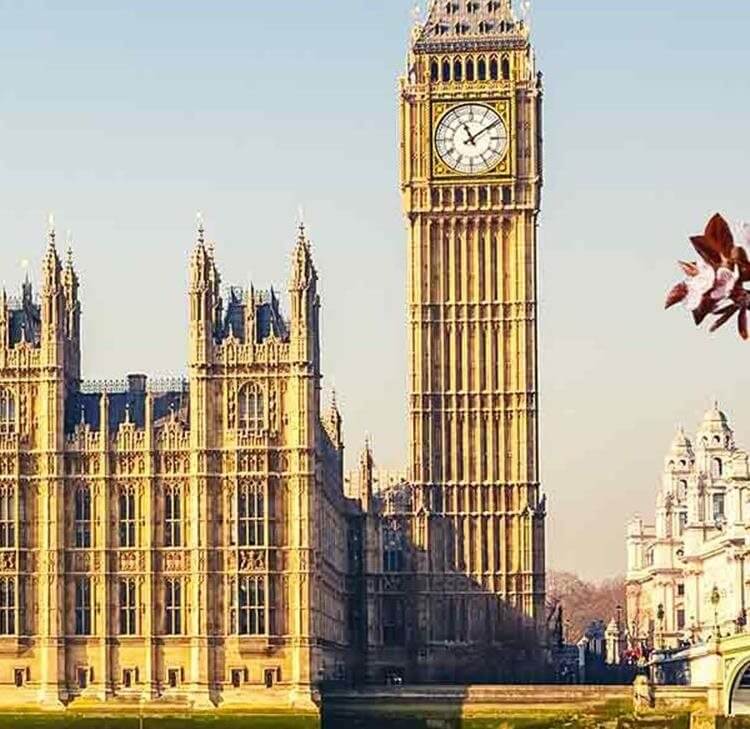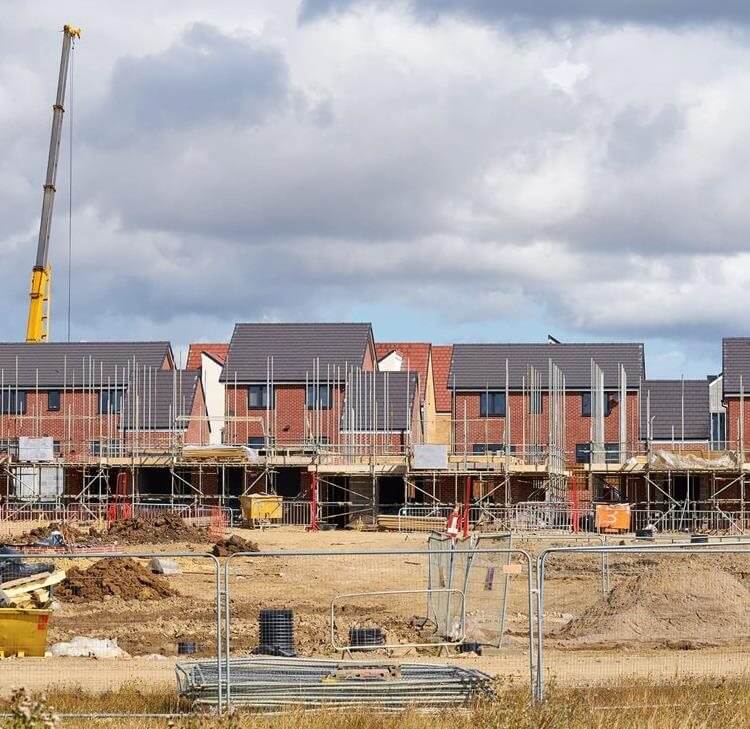The Durham Company Limited (t/a Max Recycle) v Durham County Council, 27 July 2023 is the first application for a review of a subsidy control decision under s.70 of the Subsidy Control Act 2022 (Act) to come before the Competition Appeal Tribunal and has been awaited with some anticipation by those advising local authorities on subsidy control, because of its potential implications for local authority ‘commercial’ operations.
The case is the latest in a line of proceedings brought by Max Recycle, in which they argue that Durham County Council (Council) is able to undercut their trade waste business with its own trade waste operations, through a cross subsidy from its household waste collection activities.
The Competition Appeal Tribunal applied the test set out at s.2 of the Act to the facts in question. The Competition Appeal Tribunal considered that the Council was a public authority for the purposes of the Act, a fact which is uncontroversial. It then went on to consider whether it was also possible for the Council to be an enterprise for the purposes of the Act. It concluded that “when a person has been designated a ‘public authority’ that person cannot also be an ‘enterprise’ in relation to the advantage under consideration.” This was on the basis that the language of the Act implies that in order for ‘financial assistance’ to arise (a) the public authority’s assets must be decreased and the assets of the enterprise should be increased and (b) the financial assistance is given to an enterprise “if the enterprise has an enforceable right to the financial assistance” – therefore two separate persons must be involved in the transaction. Accordingly, the finding of the court on this point was that it is not possible for a public authority to directly subsidise itself.
This means that if a public authority uses its own funds in a way which assists its commercial operations, then this will not amount to a subsidy. However, the judgment does not mean that a public authority cannot receive a subsidy in other circumstances. In particular, the judgment leaves a degree of ambiguity about whether a public authority will receive a subsidy where financial assistance is provided by another public authority, and this assists its economic activities. For example, in cases where funding is transferred from central government to local government under a funding stream such as the Towns Fund.
The Competition Appeal Tribunal also concluded that the activity being carried out by the Council in these circumstances was not an economic activity in any event. It referred to s.7(2) of the Act, which provides that “an activity is not to be regarded as an economic activity if or to the extent that it is carried out for a purpose that is not economic”. In these particular circumstances, the Tribunal concluded that as the commercial waste collection service was based on a statutory duty to collect, or arrange for the collection of commercial waste within its areas, a duty “primarily driven by environmental and public health concerns, rather than economic purpose” this was not economic activity. This is very helpful and supports the conclusions reached in our article of 5 August 2022 in which we argued that s.7(2) was analogous to the primary purpose test in R (Peters) v Haringey LBC. In Peters, the court considered whether a local authority was acting for a commercial purpose within the meaning of s.4(2) of the Localism Act 2011 and concluded that as its motive for entering into the transaction was not commercial, then the transaction itself would not be seen as commercial, even if it was profit making. Although potentially very helpful to public authorities, s.7(2) is not mentioned in the Statutory Guidance on the Act, and there has been some uncertainty as to the reasoning behind it and the extent of its application. The determination given by the Competition Appeal Tribunal here is helpful, but of course does not clarify the scope of s.7(2) – for example, is the position different where the activity undertaken by the public authority is undertaken subject to a power, rather than a duty, but nonetheless is not driven by commercial motives? And how does this apply to other entities, for example charities, who may carry out activities which are ostensibly economic, but are only carried out in support of wider, charitable objectives?
Local authorities will take some comfort from the conclusion that the Competition Appeal Tribunal came to in this case, however there remain a number of unresolved issues about which clarification would be welcome.
Key contact

Angelica Hymers
Principal Associate
angelica.hymers@brownejacobson.com
+44 (0)115 976 6092









































